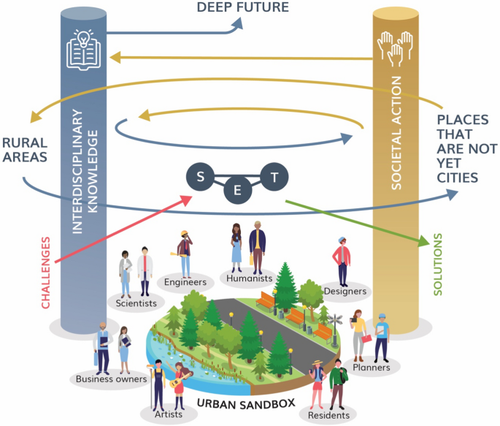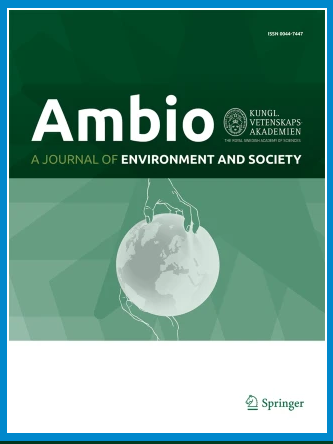This paper builds on the expansion of urban ecology from a biologically based discipline—ecology in the city—to an increasingly interdisciplinary field—ecology of the city—to a transdisciplinary, knowledge to action endeavor—an ecology for and with the city. We build on this “prepositional journey” by proposing a transformative shift in urban ecology, and we present a framework for how the field may continue this shift. We conceptualize that urban ecology is in a state of flux, and that this shift is needed to transform urban ecology into a more engaged and action based field, and one that includes a diversity of actors willing to participate in the future of their cities. In this transformative shift, these actors will engage, collaborate, and participate in a continuous spiral of knowledge → action → knowledge spiral and back to knowledge loop, with the goal of co producing sustainable and resilient solutions to myriad urban challenges. Our framework for this transformative shift includes three pathways: (1) a repeating knowledge → action → knowledge spiral of ideas, information, and solutions produced by a diverse community of agents of urban change working together in an “urban sandbox”; (2) incorporation of a social–ecological–technological systems framework in this spiral and expanding the spiral temporally to include the “deep future,” where future scenarios are based on a visioning of seemingly unimaginable or plausible future states of cities that are sustainable and resilient; and (3) the expansion of the spiral in space, to include rural areas and places that are not yet cities. The three interrelated pathways that define the transformative shift demonstrate the power of an urban ecology that has moved beyond urban systems science and into a realm where collaborations among diverse knowledges and voices are working together to understand cities and what is urban while producing sustainable solutions to contemporary challenges and envisioning futures of socially, ecologically, and technologically resilient cities. We present case study examples of each of the three pathways that make up this transformative shift in urban ecology and discuss both limitations and opportunities for future research and action with this transdisciplinary broadening of the field.



